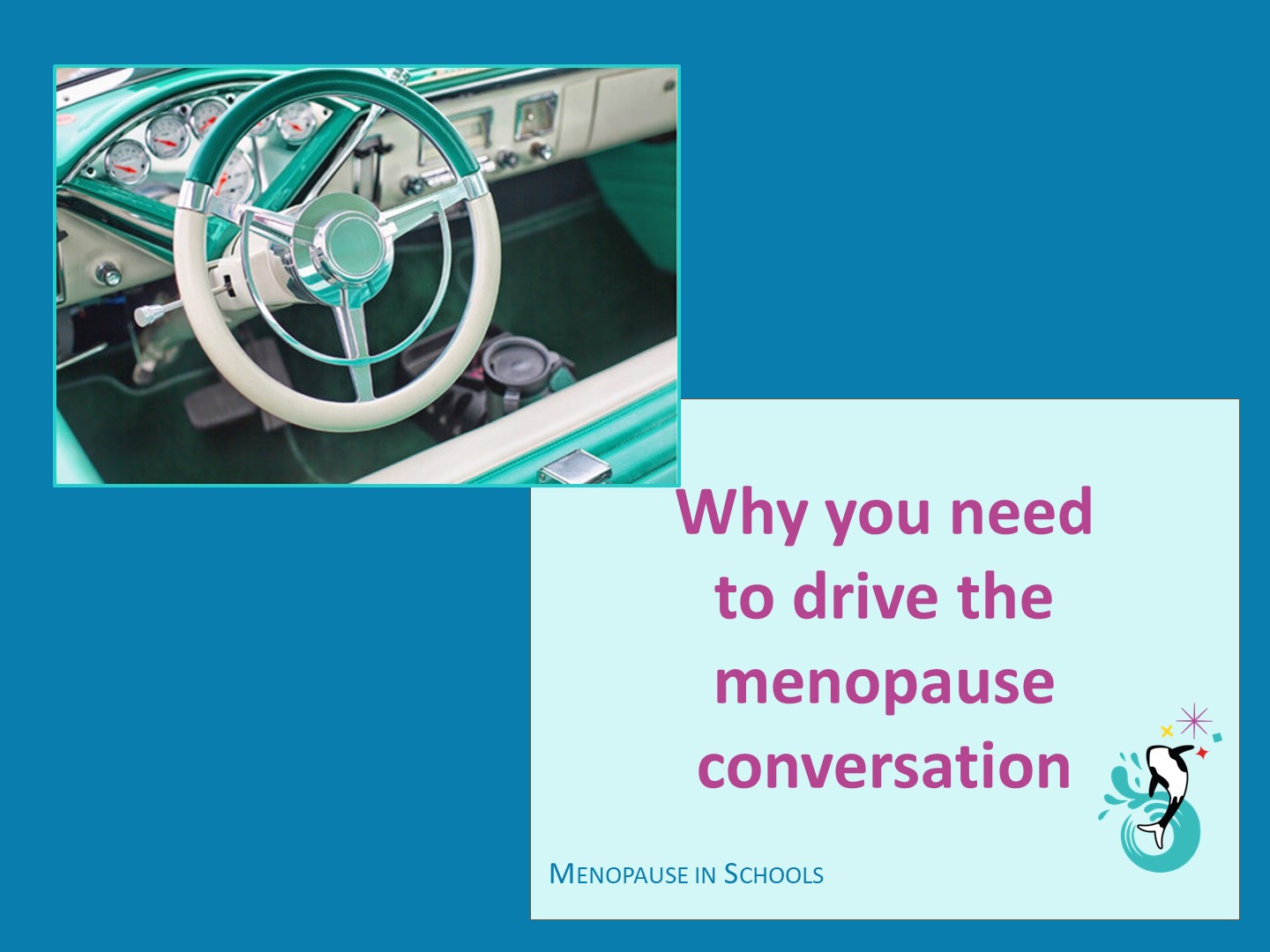Firstly, you can't go around diagnosing other people's menopause. Even if you've had one yourself. Even if you feel you have a good relationship with the member of staff concerned. These are tricky enough conversations with our friends.
There are lots of reason people might react badly to that conversation. Not least because you could be wrong. But there's also shame attached to ageing as women. And defensiveness. And embarrassment. And grief. And denial. And fear.
So your job as a senior leader in a school is to make sure people come to you. And that's where you get proactive.
💧 Find a way to educate your staff about menopause. That way staff are able to recognise their own perimenopause even if it shows up in weird ways (and it usually does!). It's when it goes undiagnosed or misdiagnosed that it causes the most problems.
💧Make sure all your staff are aware of perimenopause - not just the ones going through it. That helps them understand it and manage their feelings about it.
💧Model calm and healthy ways to talk about menopause in a way that normalises it.
💧Build trust in your staff by creating a sympathetic realistic conversation about menopause in your school.
💧Use your policy to let them know who to come to and what to expect from that conversation. Keep that policy live by sharing it regularly. Even better, involve your staff in writing the policy.
💧 Encourage people to come to talk to SLT about menopause sooner rather than later. When someone feels isolated and powerless things can escalate quickly. That can make it harder to help them.
And you know I can help you do these things!
